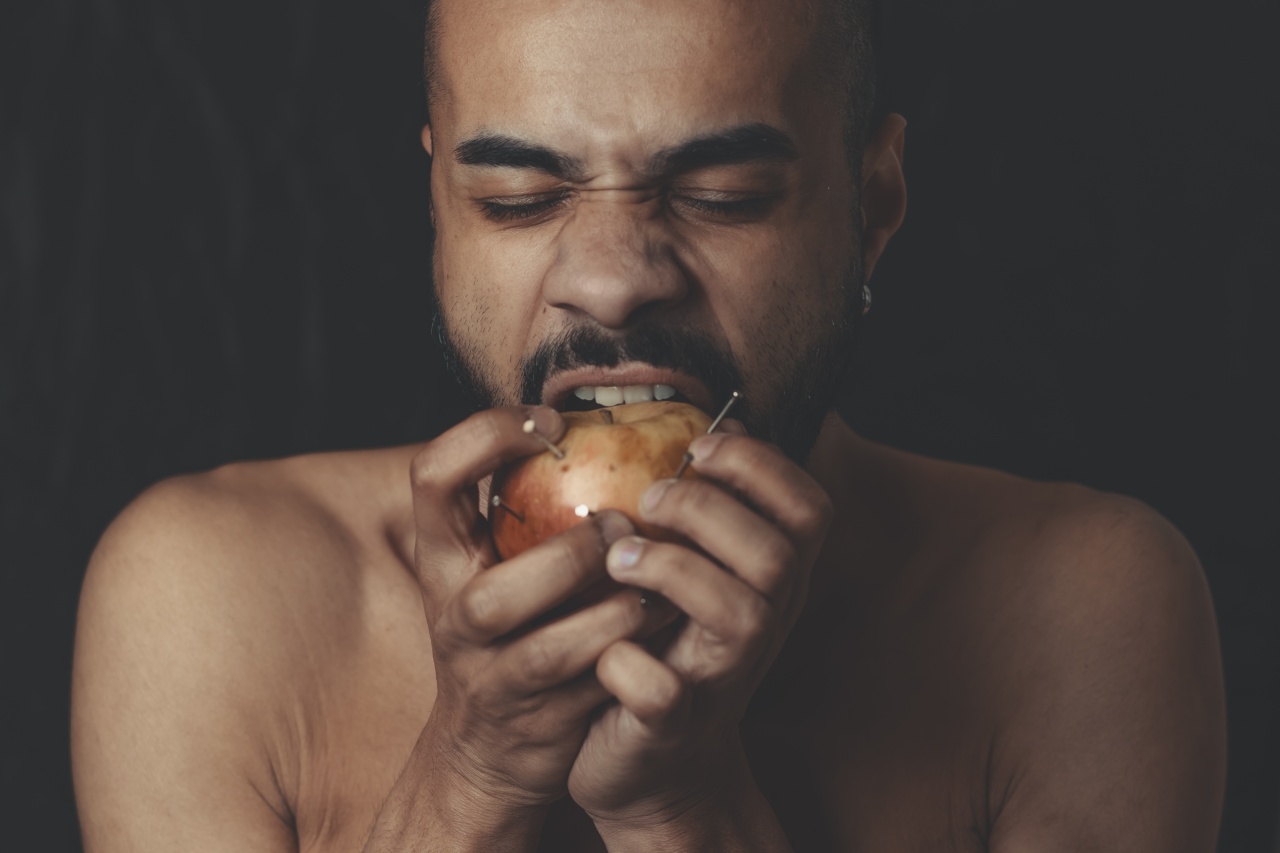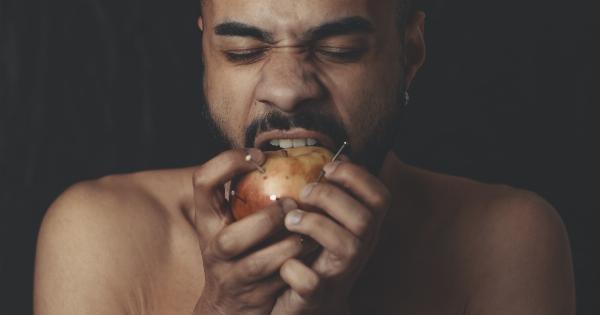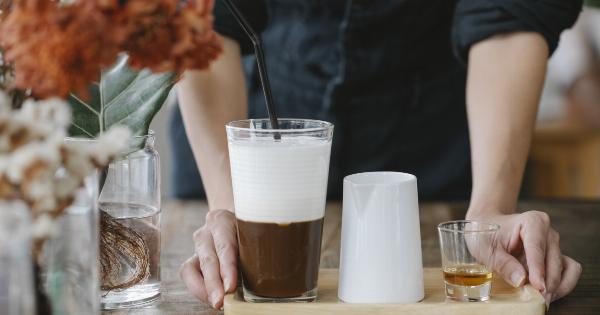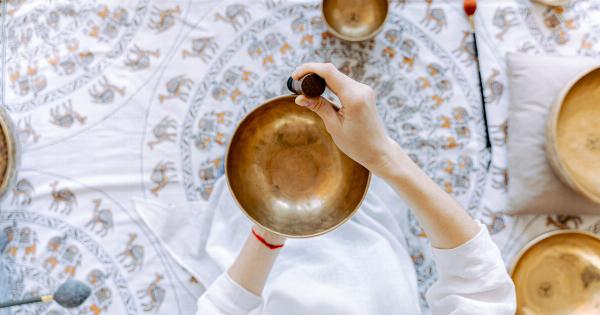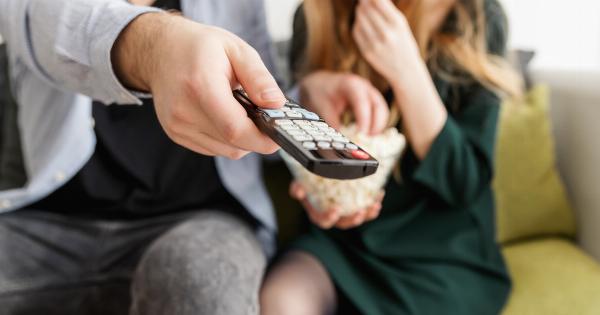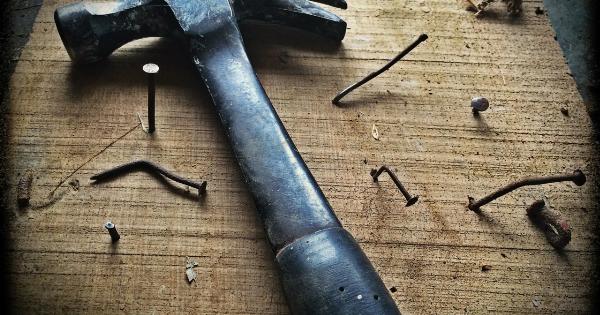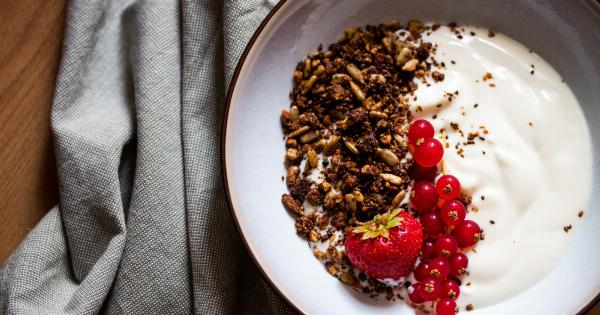Many people bite their nails out of habit or nervousness, but did you know that this seemingly harmless habit could be putting your health at risk? Nail biting, also known as onychophagia, is a common habit that affects children and adults alike.
While it may seem like a harmless habit, it can lead to a wide range of health problems. In this article, we will explore some of the shocking risks of nail biting, and why it’s important to break the habit as soon as possible.
Risk of Infections:
One of the most dangerous risks of nail biting is the potential for infection. When you bite your nails, you expose the sensitive skin underneath to bacteria and other harmful germs.
You may not even realize that your nails are dirty, which can make the problem even worse. This can lead to a number of different infections, such as paronychia, a common infection that affects the nail bed, and even cellulitis, a serious skin infection that can spread rapidly throughout the body.
Infections Can Spread:
Infections that result from nail biting can also spread to other parts of the body. For example, if you bite your nails and then touch your face or mouth, you can easily transfer harmful germs to these areas.
This can increase your risk of developing colds, flu, and other contagious illnesses. In severe cases, nail biting can even lead to infections of the heart, lungs, and brain.
Biting Your Nails Can Harm Your Teeth:
Nail biting can also take a toll on your dental health. When you bite your nails, you expose your teeth to excessive pressure and force. This can lead to chipped teeth, broken fillings, and even tooth loss.
Additionally, the repeated biting motion can cause your jaw muscles to become sore, leading to problems with temporomandibular joint (TMJ) pain or dysfunction.
It’s a Bad Habit to Have:
Nail biting is also a bad habit to have in general. It can make your nails look unsightly and uneven, which is especially problematic if you work in a job that requires frequent interaction with customers or clients.
Additionally, nail biting can be a sign of anxiety, stress, or other negative emotions. It can also cause you to feel embarrassed or self-conscious, which can further exacerbate these feelings of anxiety or stress.
The Odds of Paronychia and Alertness:
If you are a nail-biter, it’s important to be aware of the warning signs of paronychia. These include redness, pain, swelling, and pus in the nail bed. If you notice any of these symptoms, it’s important to seek medical attention right away.
In addition, you should be vigilant about keeping your nails clean and trimmed. Avoid biting your nails or picking at them, and always wash your hands thoroughly before and after touching your nails.
Nail Biting in Children:
Nail biting is a common habit in children, and it usually goes away on its own as they get older.
However, if your child continues to bite their nails into adolescence or adulthood, it may be a sign of an underlying problem, such as anxiety or obsessive-compulsive disorder (OCD). In these cases, seeking professional help is important to address the root cause of the problem.
The Psychological Effects of Nail Biting:
Nail biting can also have psychological effects, especially if it becomes a chronic habit. People who bite their nails may suffer from feelings of guilt, shame, and low self-esteem.
They may feel embarrassed to show their hands or engage in activities that require manual dexterity. Additionally, chronic nail biting can interfere with social relationships and may make it difficult to maintain healthy hygiene habits.
The Importance of Breaking the Habit:
If you are a chronic nail-biter, it’s important to break the habit as soon as possible. This may involve seeking professional help or using self-help methods, such as setting a goal to stop biting your nails for a certain amount of time.
It’s also important to identify the underlying cause of the habit and to address any emotional issues that may be fueling it.
Tips for Avoiding Nail Biting:
There are several tips for avoiding nail biting, including:.
- Identify your triggers. Do you bite your nails when you are stressed or anxious? If so, try to identify the root cause of these feelings and address them directly.
- Keep your hands busy. If you find yourself biting your nails out of boredom, try keeping your hands busy with a fidget toy or stress ball.
- Wear gloves. If you are prone to biting your nails when you are watching TV or reading, try wearing gloves to prevent yourself from doing so.
- Keep your nails trimmed. Shorter nails are less tempting to bite and can help break the habit over time.
- Reward yourself. Set a goal for how long you want to avoid biting your nails, and reward yourself with something special when you reach that goal.
The Bottom Line:
Nail biting may seem like a harmless habit, but it can actually put your health at risk. From infections to dental problems to psychological issues, the risks of nail biting are wide-ranging and serious.
If you are a chronic nail-biter, it’s important to break the habit as soon as possible. With the right tools and support, you can overcome this habit and enjoy healthier nails and overall well-being.
